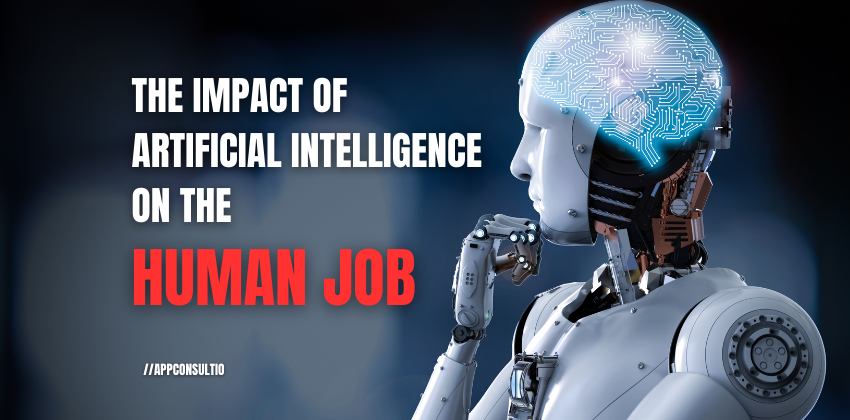
Technology advances change how jobs work, affecting what tasks are needed and how people work. This is important to know for making good rules, planning education, and choosing careers. One big technology people talk about is artificial intelligence (AI). AI is like smart computer programs that do tasks by understanding patterns in data, not just following human instructions. AI can do some things better than people, but we're not sure how it will change jobs, especially for people earning less.
First, it looks at past cases of software and robots. It checks what these technologies were made to do by reading their patents. Then it compares this with jobs people do to see if there's a connection. This is done to understand how technology and jobs are linked. Next, this method is used for AI, and something interesting comes up: AI mostly affects jobs that need high skills, unlike software and robots that affect different jobs.
In the past, machines mostly affected jobs that were routine and not too complicated, often done by people with medium or lower skills. For example, robots took over tasks done by workers in factories, which led to fewer jobs in manufacturing.
But now, Artificial Intelligence (AI) is different. From 2010 to 2023, AI improved a lot in skills like organizing information, remembering things, thinking quickly, and solving problems. These skills are needed for tasks that are not routine and need thinking.
The thing that humans can do that robot or AI can't-
Conclusion-
In conclusion, AI becomes more important as technology advances, but it can't replace human skills like understanding emotions, being creative, and solving complex problems. AI mostly affects high-skill jobs that involve smart thinking. We should use AI's strengths while valuing what humans do best, like creativity and empathy, to create a successful future workforce.